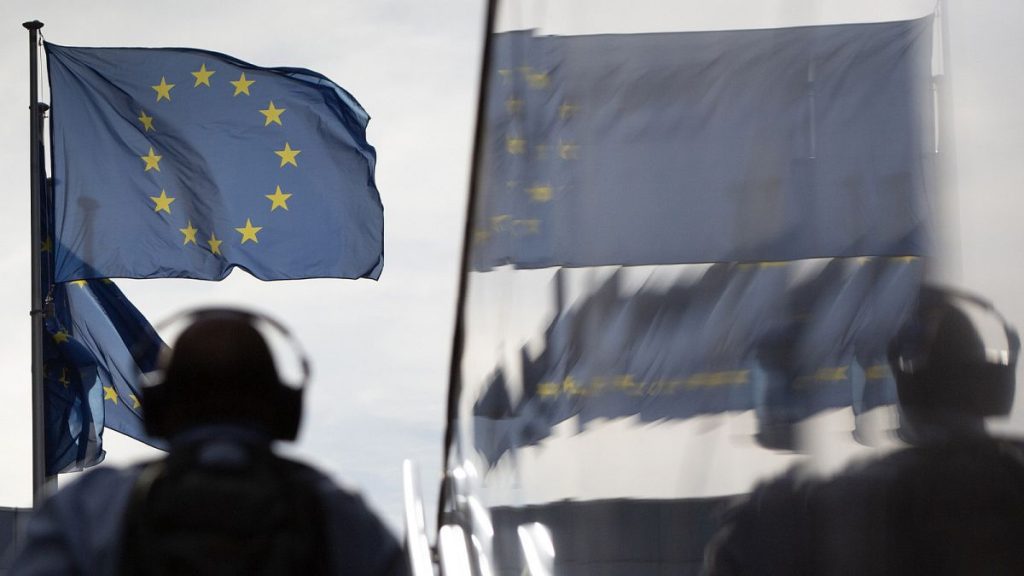Russia and China have been accused of manipulating the online space in previous European elections and the 2016 US presidential vote. Belgium and Poland are now taking steps to limit disinformation and protect national security from what is seen as the Kremlin’s “malign influence.” Poland has established a commission to investigate Russian and Belarusian influence, while Belgium’s Cyber Command is on high alert ahead of the European elections in June, tasked with detecting anomalies in online content to identify disinformation.
European governments are increasingly concerned about foreign interference, with allegations of Russia and China manipulating online spaces during major crises such as the COVID-19 pandemic and Russia’s invasion of Ukraine. The use of false claims, propaganda materials, and made-up narratives to influence events like the 2017 Catalan independence crisis and the European Parliament “Russiagate” scandal is seen as a threat. With methods constantly evolving, combating foreign influence has become a round-the-clock job, requiring the understanding and detection of manipulation techniques used by threat actors.
The European Commission, led by President Ursula von der Leyen, has called for the establishment of a common European disinformation shield. This shield would focus on detecting and removing online disinformation, building upon the EU’s Digital Services Act (DSA) and helping Europeans recognize threats posed by foreign interference. Von der Leyen first proposed the idea in mid-May to combat the expected wave of disinformation and malign influence leading up to the European elections in June. The shield aims to protect the bloc and its citizens from external manipulation through various online tactics.
In Poland, a commission has been established to investigate Russian and Belarusian influence from 2004 to 2024, amidst growing hybrid attacks from Russia and Belarus. These attacks include alleged acts of sabotage, cyberattacks, and pressure along the Poland-Belarus border. Prime Minister Donald Tusk emphasized the necessity of protecting national security against foreign interference, leading to the formation of the non-partisan body of experts to address the threat. Similarly, Belgium’s Cyber Command is actively monitoring online content to identify anomalies and alert relevant authorities about potential disinformation campaigns.
Specialists working for Belgium’s Cyber Command are tasked with tracking online content over time to detect sudden increases in posts, retweets, or likes on specific subjects, as well as the appearance of new online players. The aim is to identify and counter disinformation campaigns orchestrated by foreign actors seeking to influence political events and public opinion. By understanding the evolving methodologies used by threat actors, the Cyber Command aims to stay ahead and protect Belgium from online manipulation. These efforts reflect a broader trend of European countries taking proactive measures to defend against foreign interference in elections and other critical events.
Deputy Commander of Belgium’s Cyber Command Pierre Ciparisse highlighted the ever-evolving nature of disinformation campaigns, noting the shift from traditional methods to more sophisticated techniques such as the use of artificial intelligence, social media relays, and influencers. The need for continuous vigilance and adaptation to changing tactics is crucial in the fight against disinformation. The European Commission’s proposed disinformation shield aligns with the ongoing efforts to combat foreign interference and protect the integrity of European elections and democratic processes. By enhancing detection capabilities and promoting digital literacy among citizens, the shield aims to counter the growing threat of online manipulation and safeguard the EU from malign influence.
Keep Reading
Subscribe to Updates
Get the latest creative news from FooBar about art, design and business.
© 2025 Globe Timeline. All Rights Reserved.


